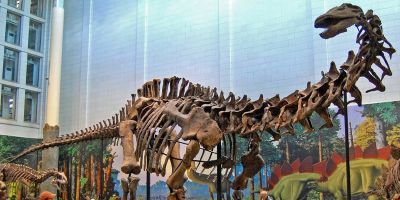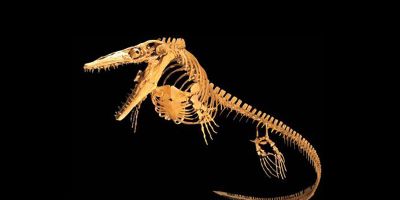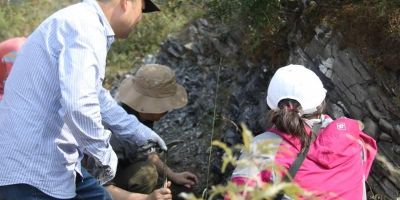News
Growing a dinosaur’s dinner
Scientists have measured the nutritional value of herbivore dinosaurs’ diet by growing their food in atmospheric conditions similar to those found roughly 150 million years ago.
Missing bones and our understanding of ancient biodiversity
Fossils come in many shapes and sizes, ranging from isolated fragments of bones and teeth to complete skeletons.
SEE secures significant funding for Global Challenges Research
Researchers from the School of Earth and Environment have played a major role in securing £16m of funding from the Global Challenges Research Fund (GCRF).
Life goes on for marine ecosystems after cataclysmic mass extinction
One of the largest global mass extinctions did not fundamentally change marine ecosystems, scientists have found.
Environmental oxygenation during Earth's 'boring billion'
An international team of scientists have found evidence for a progressive oxygenation event beginning ~1,570 million years ago.





